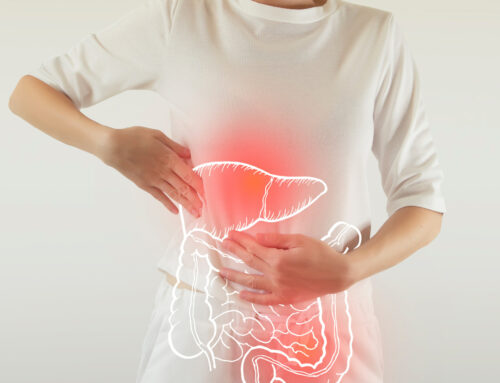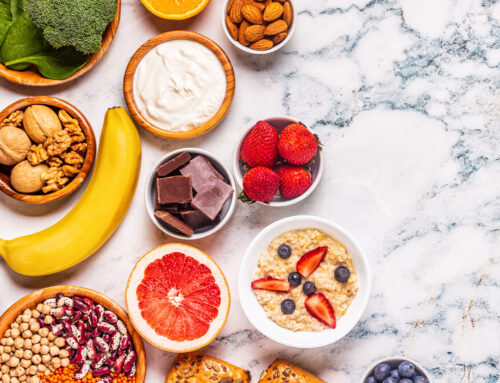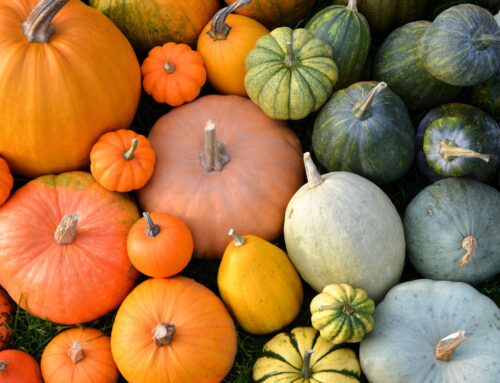Do you remember the episode of “I Love Lucy” where Lucy and Ethyl take a job in a chocolate factory? Their task was to wrap up each chocolate that came down the conveyor belt, but the chocolates were coming so fast they couldn’t keep up. Next thing you know, the ladies were stuffing the chocolates in their mouths, down their shirts, and under their hats. This funny scene provides a not-so-funny illustration of what happens to our bodies with the onslaught of toxic exposure that is a feature of our modern world.
Today, let’s give a little love to your liver.
The liver is your largest internal organ and the primary filter or gatekeeper in your body. Your lovely liver is responsible for filtering blood, detoxifying, synthesizing, and secreting bile which helps break down fat and hundreds of other functions. Some other functions include releasing vitamins, manufacturing glycogen that helps stabilize blood sugar levels, producing enzymes, and manufacturing cholesterol. In addition, the liver is responsible for the regulation of fat storage, cleansing the blood, and disposing of waste. It neutralizes and destroys poisons, manufactures new body proteins, metabolizes alcohol, and manages the chemicals in the blood. The liver produces immune factors, removes bacteria from the blood, maintains hormone balance, and stores vitamins, minerals, and sugars.
If all that wasn’t amazing enough, the liver can grow back even if 90% of it has been removed.
We need our liver to be in optimal health to function correctly, for a damaged, overworked, or inflamed liver can be the root cause of many health conditions and diseases.
So what can we do to give our liver some love?
Let’s take a look at nine factors that can harm the liver.
-
Too much protein in the diet.
-
Too much sugar and simple carbohydrates. Excess sugars convert into triglycerides, which are stored in the liver as fat. This is an indicator of heart disease, and it may surprise you to learn that sugar is more important than fat in heart disease.
-
Overeating puts stress on the liver.
-
Too little enzyme-rich foods.
-
Drug residues.
-
Alcohol. When the liver is inflamed and clogged with fat, cirrhosis or hardening can prevent the liver from regenerating.
-
Excessive toxins, heavy metals, or pesticides damage the liver. One of the primary ways heavy metals enter our body is through our cookware, which is something to consider.
-
Lack of exercise forces the liver to do the elimination that should be the purview of the lungs and the skin.
-
Diseases of the liver, like chronic hepatitis C.
What can we do to help the liver?
- Reduce toxin intake by purifying your water and eating organic. Leading sources of chlorinated pesticides include non-organic beef and dairy, farm-raised fish, and especially non-organic butter.
-
Avoid plastics and do not ingest them. Glass is better for food storage, and consider purchasing less pre-packaged food. (This is better for the environment, too.)
-
Switch over to safe cookware. Aluminum, iron, copper, nickel, cadmium, chromium, and lead may leach into foods when the pan is heated. Titanium cookware is best.
-
Give your liver a break with periodic liver cleanses.
-
Eat liver-cleansing foods, including beets, cruciferous vegetables, lemons, and chlorophyll-rich foods such as seaweed, bitter leafy greens,
- and matcha tea.
-
Incorporate herbs in your diet that support liver functioning, including dandelion root, ginger, cloves, burdock root, horsetail, wormwood, black walnut, turmeric, and garlic. Last but not least, milk thistle is the number one herb that supports liver health.
-
Consider taking a high-quality B complex supplement.
-
Brush your skin, which is your largest organ of detoxification.
I hope now you can vital optimal functioning of the liver is and steps you can take to support its proper functioning.
How do you know if your liver is under duress? Symptoms of impaired liver functioning could include the following: digestive troubles, constipation, low energy, allergies, hay fever, arthritis, diabetes, hypertension, obesity, and infertility. If you are experiencing any of these symptoms, or even if you’re not, consider incorporating elements of what you learned here into your lifestyle. Your liver will love you for it!
Special thanks to Andrea Nakayama and Functional Nutrition Alliance for this teaching.





